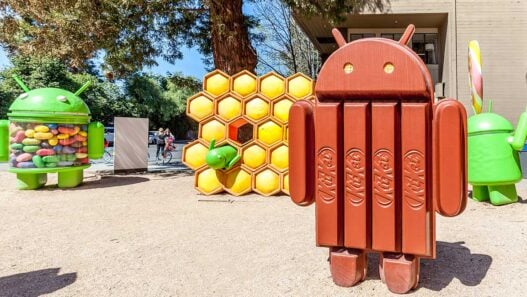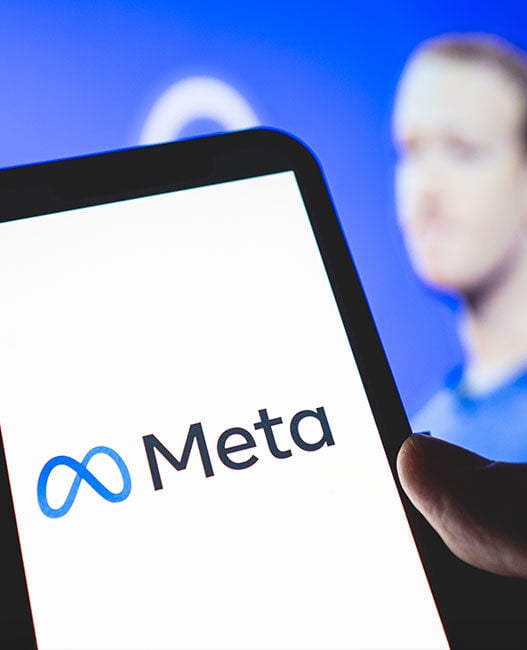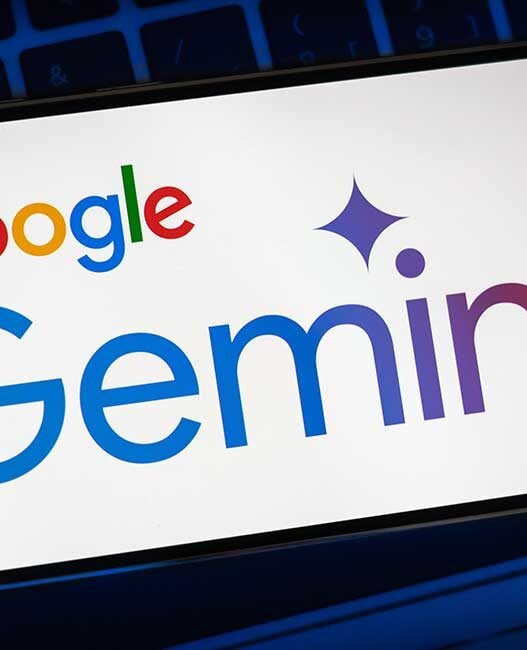Apple is currently in early-stage discussions with Google regarding the potential integration of Google’s generative AI model, Gemini, into Apple’s forthcoming iPhone iteration. This move is part of Apple’s strategy to incorporate cutting-edge technology that has significantly impacted the tech landscape.
The extent of the potential collaboration has not yet been defined, according to three sources familiar with the matter. In its quest to leverage powerful AI capabilities, Apple has also been engaging with various other AI firms. These interactions are aimed at exploring the potential of large language models that can process extensive data sets and autonomously generate text.
Apple’s CEO, Tim Cook, has assured investors of the company’s commitment to launching new AI features within the year. Competitors such as Samsung and Google have already incorporated the Gemini model into their latest devices, enhancing capabilities like video editing and audio summarisation.
A potential agreement between Apple and Google on generative AI technology would strengthen one of the tech industry’s most enduring collaborations. Since the launch of the iPhone in 2007, Google has played a significant role in the smartphone’s success, initially providing Google Maps and its search engine for the iPhone’s Safari browser. This relationship has evolved into a lucrative deal where Google now pays Apple over $18 billion annually.
The discussions about integrating generative AI into the iPhone represent Google’s latest effort to enhance Apple’s product offerings. Apple has been somewhat slow in developing its own large language model, the technology behind AI-driven chatbots like ChatGPT and Gemini, as noted by two individuals close to the project.
This delay in AI development has had significant implications. After maintaining its position as the world’s most valuable public company for a decade, Apple was recently overtaken by Microsoft, which has made aggressive advances in AI—a field recognised for its potential to revolutionise industries and generate trillions in economic value.
Despite these setbacks, Apple’s extensive user base of over two billion active devices positions it as a formidable force in the AI landscape. Additionally, Apple’s commitment to user privacy could prove advantageous as AI technologies increasingly play a role in managing personal data such as schedules and health information.
A potential partnership could position Google’s Gemini model on iPhones globally, granting Google access to a vast user base and further integrating generative AI into mainstream usage. Should such a collaboration materialise, Google might surpass OpenAI, the creator of ChatGPT, in consumer reach, making an alliance with Apple highly appealing.
Apple’s choice of Google as its AI supplier would represent a significant endorsement of Google following several setbacks in its AI initiatives. Google’s initial AI chatbot, Bard, released in March with lukewarm responses, failed to attract a user base comparable to ChatGPT.
Google introduced a new chatbot, Gemini, in February, encountering challenges when users noticed its image generator produced inaccurately racial representations of historical figures and predominantly refused to generate images of white individuals, sparking bias allegations. Google responded by disabling the feature and committing to resolving the issue.
Toni Sacconaghi, a Bernstein Research Analyst, noted that an Apple-Google agreement would be mutually beneficial, providing Apple with cutting-edge generative AI capabilities for iPhones and affirming Google’s efforts on Gemini. He also mentioned that Apple could generate revenue through commissions from Google, which charges $19.99 monthly for its advanced Gemini app.
Despite the initial excitement, the monetisation of generative AI remains nascent, with substantial costs associated with running these technologies in the Cloud. However, optimism prevails that profitability will improve as AI capabilities advance and the expenses related to constructing data centres decrease.
This prospective deal, however, might draw scrutiny from U.S. regulators amidst the ongoing lawsuit against Google by the Justice Department. The lawsuit accuses Google of anti-competitive practices by making Apple the default search engine on iPhones. Judge Amit P. Mehta of the U.S. District Court for the District of Columbia is expected to issue a decision on this case within the year.















